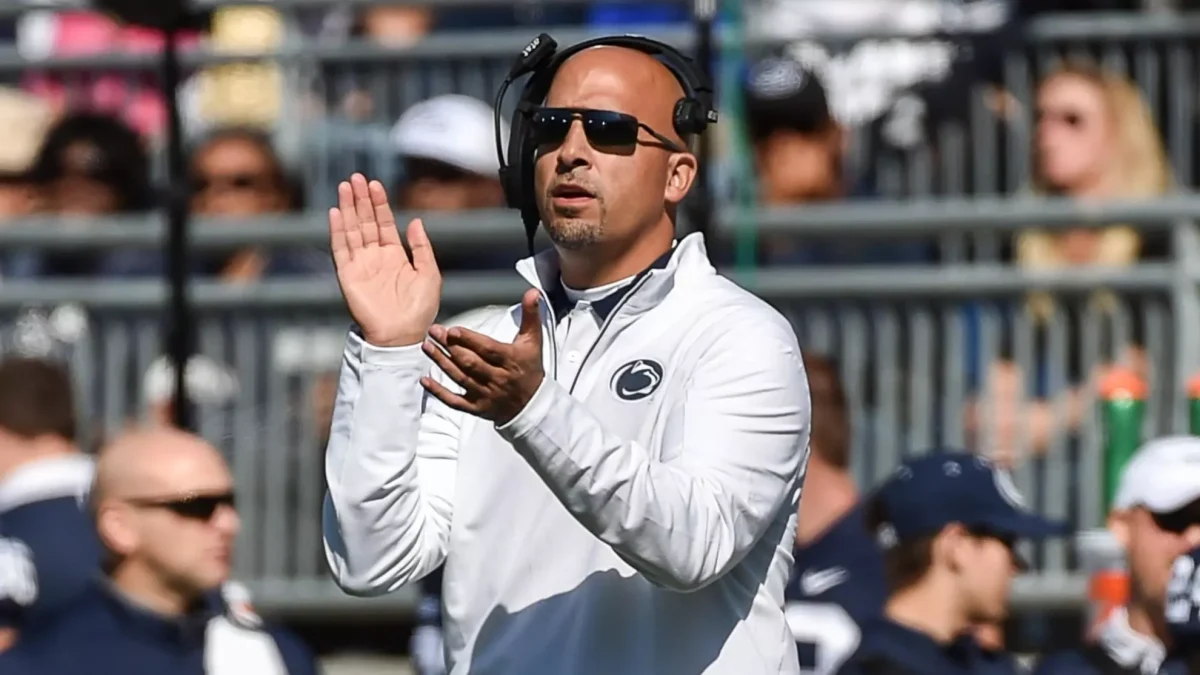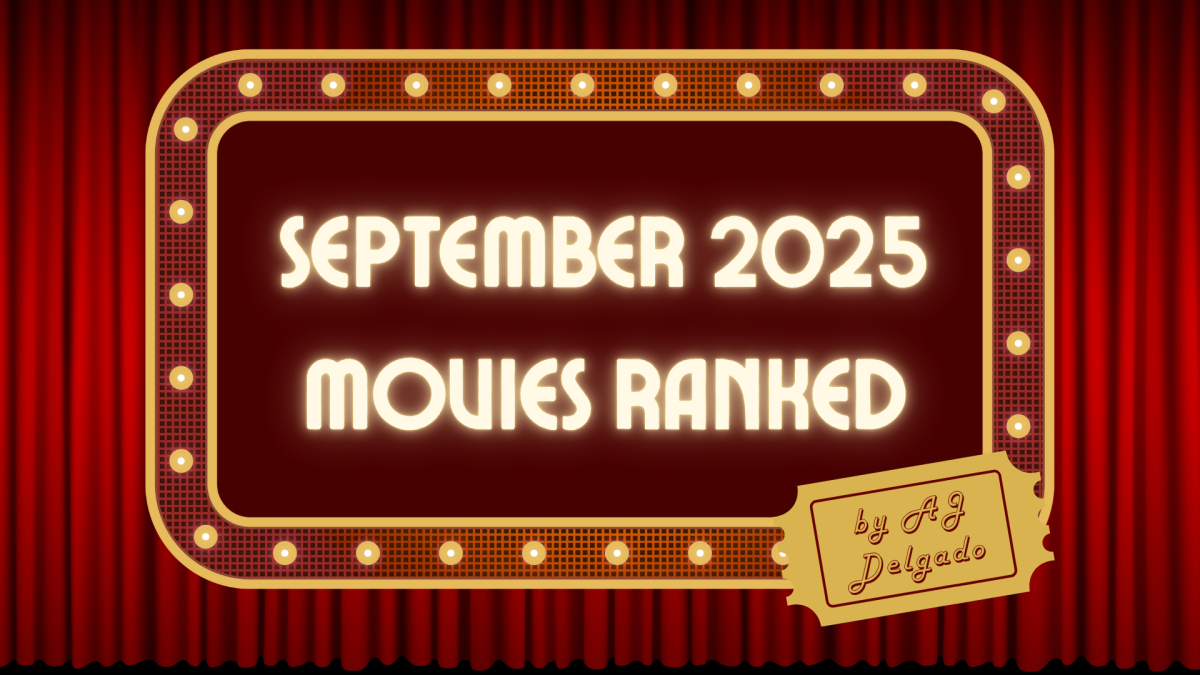Nuclear deal with Iran — slowly, but surely?
June 1, 2015
As the outline for a final nuclear deal between Iran and negotiators is reached, further disagreements are occurring about the lifting of western sanctions on Iran’s economy. Iran has stated that it will only sign a final deal if sanctions are removed of the first day of the deal’s implementation. However, the United States has held that sanctions will be lifted in gradual stages once a deal is signed.
Iranian President Rouhani has responded by saying that his government will not respond to “bullying” by sanctions. Many Iranians agree, further increasing anti-American sentiments in Iranian society. Even though diplomatic negotiations are in progress, this could further fracture the relationship between Iran and America, both officially and socially in Iranian society. The easing and elimination of sanctions would have distinct effects on Iranian daily life, as it will allow the Iranian economy to grow more freely as a whole, and also increase the economic well-being of individual citizens.
In America, likewise, the effects of the nuclear negotiations are easily seen. For example, President Obama is having a hard time convincing Congress that a nuclear deal is a valid agreement. Even if he does, it is unlikely that a Republican-dominated Congress will allow for the elimination of sanctions so immediately, as President Rouhani hopes. The American public, likewise, is largely divided on the issue.
Murat Alpa, a student attending FTHS in the Contemporary Global Issues program, explains the nuclear talks’ apparent changeability; “To be honest, this could be the best thing to ever happen, or the worst. If this deal doesn’t go through, we could see a potential nuclear arms race between Israel, Iran, Saudi Arabia, as well as Turkey.” Plainly, the outcome of this issue will have widespread international repercussions.
The outline for a final deal is an example of the huge progress being made between the West and Iran. It is not overly unreasonable for Iran to be asking for the easing and elimination of sanctions, as long as they uphold their side of the deal. American reluctance to ease sanctions could have a slowing effect on negotiations, as the Iranian government is adamant about their demands. Perhaps, this issue should be further solved not between Iran and America, but rather between Iran and the United Nations. America should follow the lead of the international community, and Congress should do the same.
















































